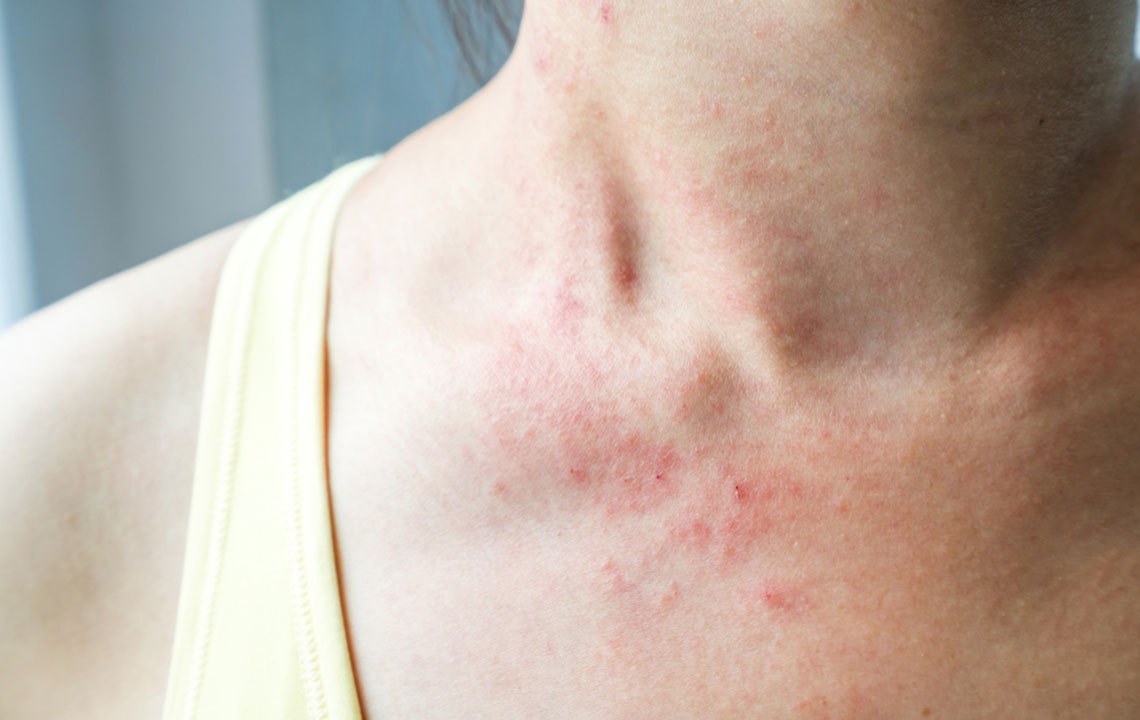All you need to know about cellulitis
Cellulitis is a bacterial skin infection that starts with a little redness and swelling of certain body parts and can become life-threatening in the absence of timely treatment. The condition occurs when bacteria infiltrate broken skin and it affects the dermis and subcutaneous tissues underneath the skin. Cellulitis is caused by different bacteria, but most commonly by Streptococcus and Staphylococcus. Fungi may also lead to this skin infection at times.

Symptoms
Cellulitis can take place in the arms, face, and on lower legs. The affected area feels warm, tender, inflamed, painful, and looks red and swollen. In some people, the symptoms may show up as blisters, spots, and pimples on the skin. The affected individual experiences nausea, fever, chills, and shivering. The treatment for cellulitis anywhere in the body is subject to these symptoms.
Causes
Cellulitis affects a person when bacteria from the streptococci and staphylococci groups make their way into the skin. These bacteria are there on the surface of our skin and are harmless. However, when they break into the skin, they cause this serious skin condition. Ulcers, burns, graze, bites, cuts, and skin conditions like athlete’s foot, eczema, or psoriasis can allow these bacteria to enter deep layers of the skin. This requires people to get proper treatment for leg cellulitis. Even otherwise, they are recommended to keep an eye on their wounds and cracks on the skin.
Types of cellulitis
Depending on the place where it appears, cellulitis is classified into different types.
- When it appears on the arms, feet, hands, and legs, it is called as the cellulitis of the extremities and involves oral antibiotics for the treatment of leg cellulitis.
- Cellulitis anywhere on the face, such as redness, swelling, and tenderness on lips and tongue, is termed as facial cellulitis. Besides redness and swelling, the condition makes the affected person experience fever, chills, and irritability.
- When this skin infection affects the eye and the skin surrounding the eye, the condition is termed as periorbital cellulitis. This condition is more common in children, especially in infants.
- Breast cellulitis, as the name suggests, is a skin infection that makes the breasts red, swollen, and painful to touch. The condition at times spreads to the shoulder, back, and upper arm as well. Apart from fever, body ache, and chills, the sufferer also experiences decreased appetite and nausea.
- Perianal cellulitis usually occurs in children and is more common in males. It refers to the infection around the anal orifice causing discomfort, including painful bowel movements and bloody stool.